
OR
Newborns may get birth certificate through their mothers
Published On: August 8, 2018 05:30 AM NPT
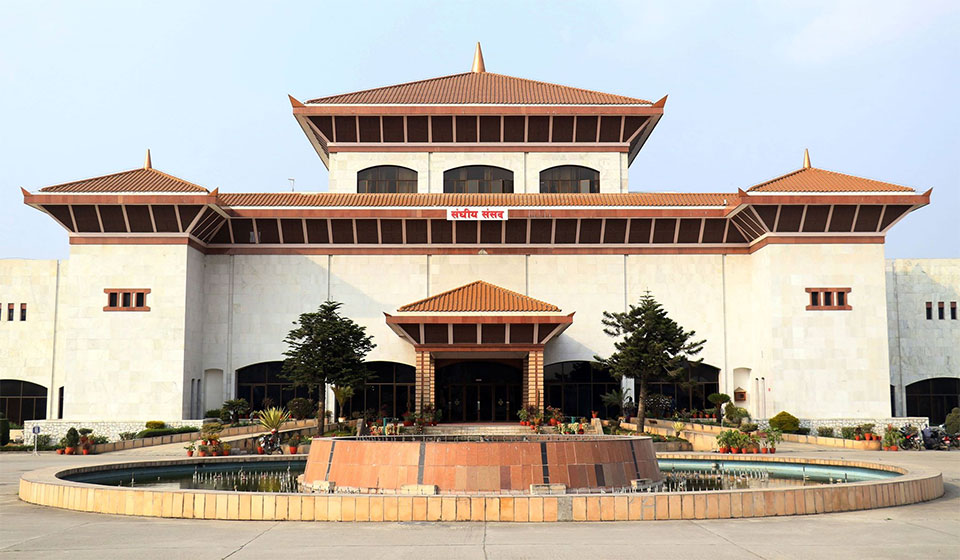
KATHMANDU, Aug 7: The government has proposed a new law making it mandatory for hospitals to issue birth certificates even if the father of a newborn is unknown or the mother doesn't want to disclose the father's status.
The Bill on Right to Reproductive Health, registered at the parliament secretariat on Tuesday by the Ministry of Health and Population, has included the provision in a bid to address problems facing rape victims and single mothers, said the ministry officials.
Section 9 of the bill states that any health institutions should maintain records of newborns and should issue birth certificates through the name of either their fathers or mothers. “If the father is unknown or if the mother is not willing to disclose the father's name, birth certificates should be issued in the name of the mother mentioning the same reason,” reads the provision.
Likewise the bill has also proposed some flexible provisions on abortion keeping in view the health risks to the pregnant and the embryo. A pregnant woman can abort the embryo if her health is in risk or any medical reports suggested that the newborn would be deformed. Similarly, the bill proposes to allow her to abort the embryo of any period if she is suffering from HIV or any other incurable disease.
Likewise, the Ministry of Industry, Commerce and Supplies registered the Bill to Amend and Integrate Laws Related to the Consumer Rights proposing a new consumer court to settle the cases related to consumer issues. Likewise, the bill has also proposed a Consumer Protection Council led by the minister concerned and market monitoring committee led by ministry's secretary.
The bill has proposed a provision ensuring rights of the consumers to return a product within seven days of the purchase if it is different from their demands.
The two bills are expected to be tabled in the House of Representatives soon as the constitutional deadline to endorse them is fast approaching.
With the constitutional deadline for enacting laws for the implementation of 31 fundamental rights just a month away, the government registered two bills, out of 15 needed, at the parliament secretariat on Tuesday.
The cabinet had approved the two bills along with seven other bills related to the fundamental rights laws last month, but the ministries concerned have not forwarded the bills to parliament.
Article 47 of the Constitution states that 'the state shall, as required, make legal provisions for the implementation of the rights conferred by this part (fundamental rights), within three years of the commencement of this Constitution'. September 19 (Asoj 3) marks the 3rd anniversary of the promulgation of the new charter, according to the Nepali calendar.
The government had identified the need for 15 news laws for the implementation of the 31 fundamental rights as some laws already existed as the erstwhile interim constitution also had 21 fundamental rights.
The process of endorsing the bills through parliament has been further prolonged with the bicameral parliament coming into existence earlier this year. A bill registered in either the lower or upper house should be endorsed by both houses.
You May Like This

High-voltage power supply causes damage to 60 houses
MYAGDI, April 29: At least 60 houses of Annapurna Rural Municipality-6 in Myagdi district were damaged on Sunday due to... Read More...

Lumbini and Koshi likely to experience stormy conditions
KATHMANDU, April 29: The Meteorological Forecasting Division has forecast a combination of rain and storms nationwide. ... Read More...
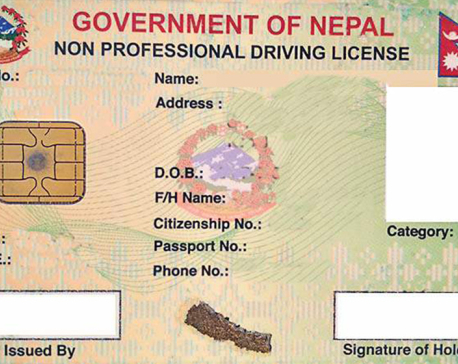
CIB continues investigation into illegal driving license issuance case
KATHMANDU, April 29: Narayan Pandey, a computer operator of the Department of Transport Management has been arrested on charges of... Read More...




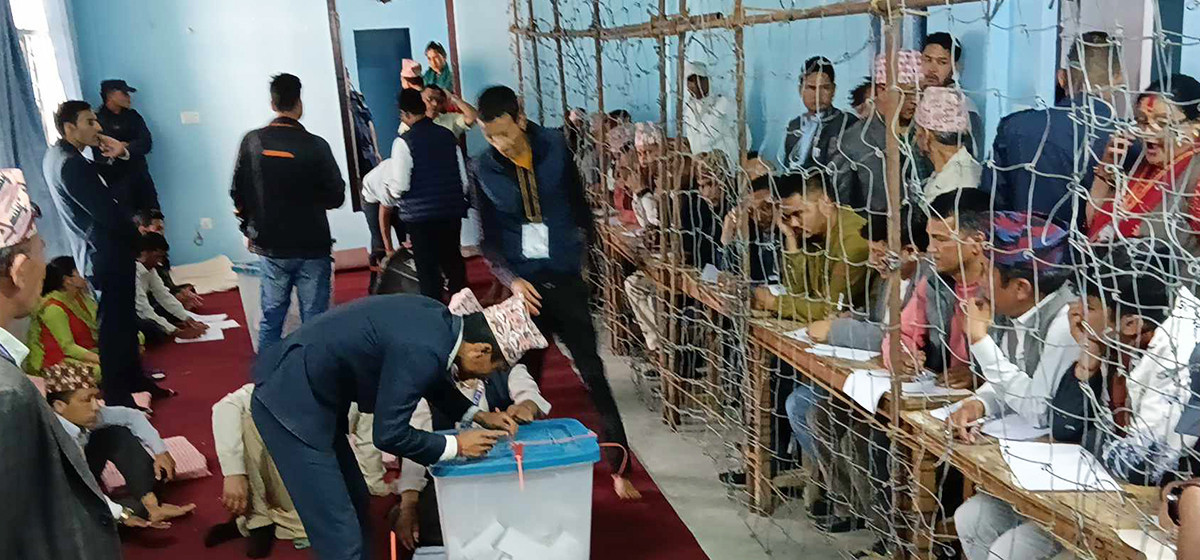


Just In
- Ilam-2 by-election: UML candidate Nembang secures over 10,000 votes
- High-voltage power supply causes damage to 60 houses
- Bajhang-1 by election: UML leads again
- Lumbini and Koshi likely to experience stormy conditions
- Bajhang-1 by-election: NC maintains narrow lead over UML
- CIB continues investigation into illegal driving license issuance case
- Hearing on 'murder' case against Agni Sapkota scheduled in SC after 17 years
- Ridi-Tamghas road to undergo a month-long closure from today




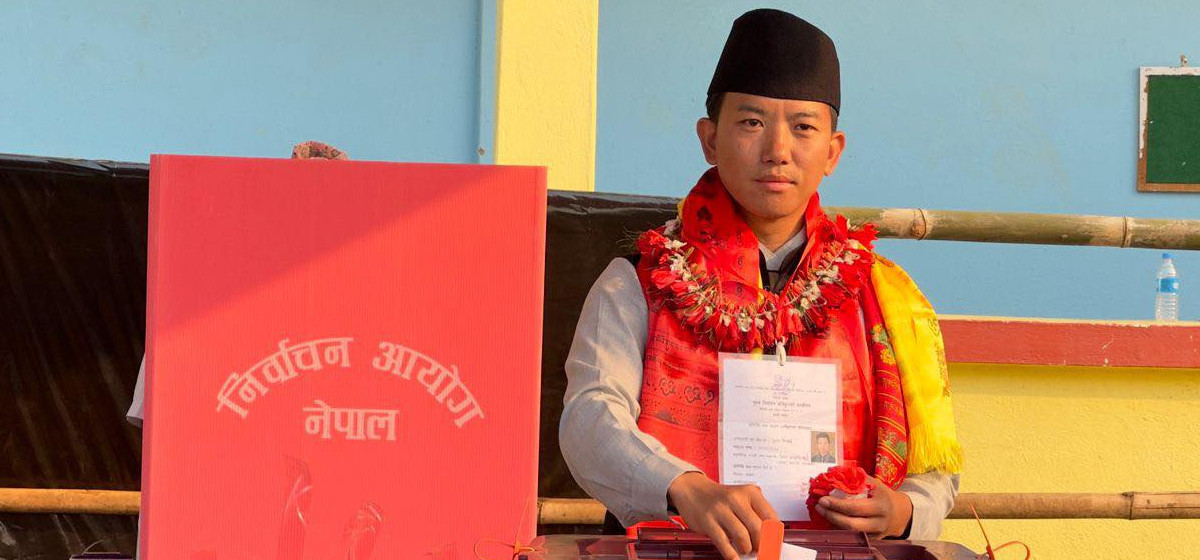



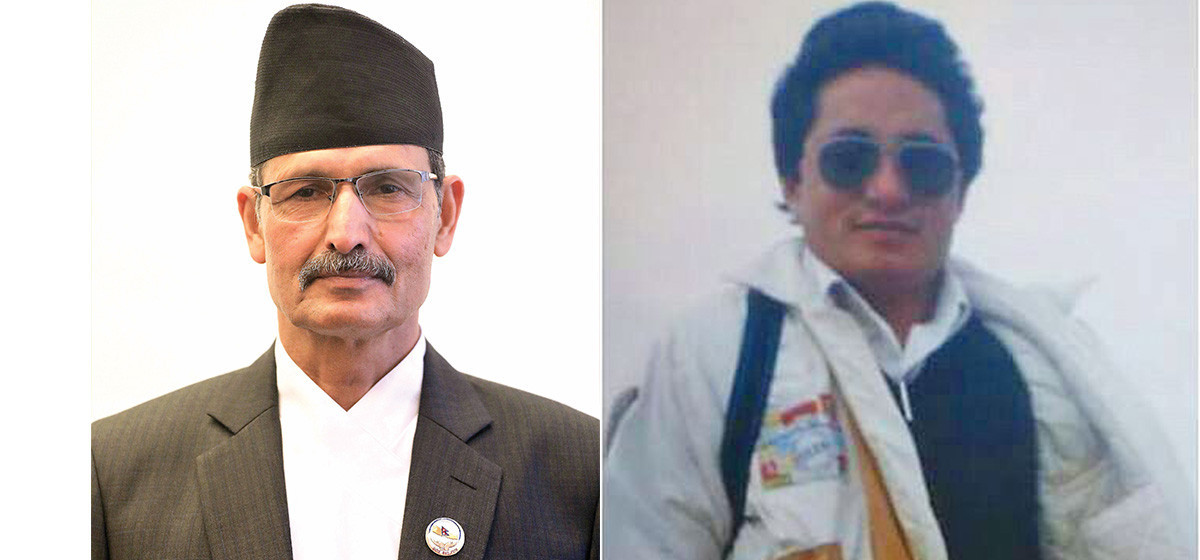
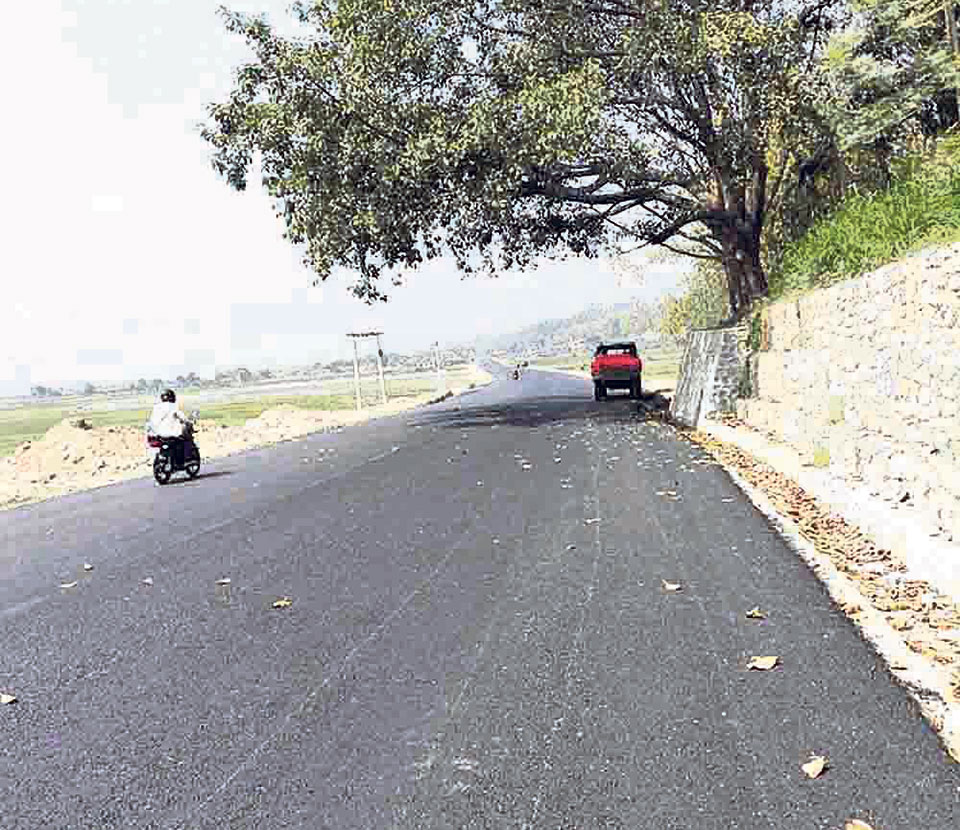
Leave A Comment